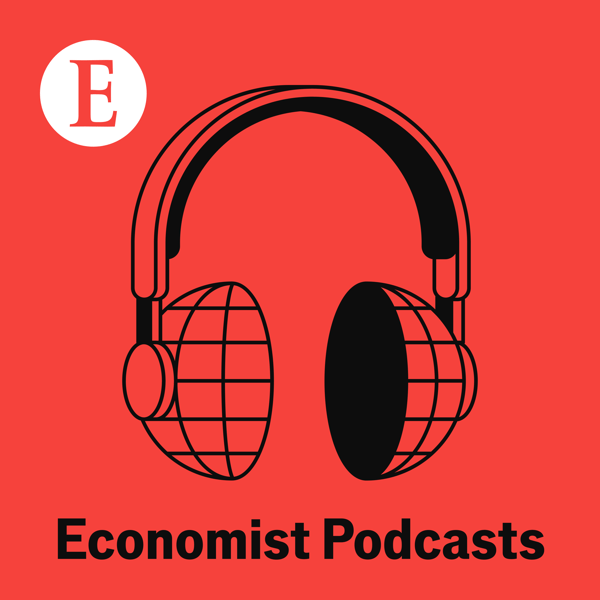Babbage: Shot at victory
Economist Podcasts
The Economist
4.4 • 4.9K Ratings
🗓️ 6 May 2020
⏱️ 26 minutes
🧾️ Download transcript
Summary
Could repurposing existing drugs, such as remdesivir, be the answer to the search for treatments for covid-19? Also, the winner of this year’s Marconi Prize, Andrea Goldsmith of Stanford University, on her pioneering work in wireless communications technology. And, the mission to give rivers their wiggle back. Kenneth Cukier hosts.
For more on the pandemic, see The Economist's coronavirus hub.
Please subscribe to The Economist for full access to print, digital and audio editions:
Hosted on Acast. See acast.com/privacy for more information.
Transcript
Click on a timestamp to play from that location
| 0:00.0 | If you ever think twice about what your child watches online, try YouTube Kids. |
| 0:05.0 | It's an app made just for children, helping you find a healthier balance for your family online. |
| 0:11.0 | Download YouTube Kids today. |
| 0:14.0 | While the search for a vaccine for COVID-19 continues, other scientists are focused on finding therapeutic treatments. |
| 0:32.0 | Could existing drugs provide the answer? |
| 0:35.0 | Hello and welcome to Babbage from Economist Radio, our weekly podcast on technology and science. |
| 0:41.0 | I'm Kenneth Kukie, a senior editor at The Economist, and also coming up on today's show. |
| 0:46.0 | How can wireless signals maintain a fast and reliable connection? |
| 0:51.0 | The winner of this year's Marconi Prize explains her innovative technique. |
| 0:55.0 | What I invented was a way to say you should send the amount of data, |
| 0:59.0 | commence for it, with how much the channel can support. |
| 1:02.0 | And the benefits of putting the wiggle back into rivers. |
| 1:05.0 | The bends and the meanders offer a sort of filtering system because sediment in the water has more time to drop out and deposit it at the bottom of the river. |
| 1:24.0 | But first, when COVID-19 began its spread across the world, so too did the hunt for treatment. |
| 1:31.0 | Not only would it save lives, it would allow countries to relax their lockdowns. |
| 1:35.0 | Rather than start the search from scratch, researchers' attention had turned to drugs which could be repurposed. |
| 1:42.0 | In America, regulators have granted emergency use permission to Remdesivir, a drug created to tackle Ebola. |
| 1:49.0 | Remdesivir seems to work. That's why it's being talked about as potential treatment. |
| 1:54.0 | Natasha Loders, our health policy editor. |
| 1:57.0 | I have a question for you. |
| 1:59.0 | The evidence that has been presented to us from the National Institutes of Health in America suggests that if you give it to patients who are in hospital and quite unwell with COVID-19, |
| 2:11.0 | that their recovery time improves from about 15 days on average to about 11 days. |
... |
Please login to see the full transcript.
Disclaimer: The podcast and artwork embedded on this page are from The Economist, and are the property of its owner and not affiliated with or endorsed by Tapesearch.
Generated transcripts are the property of The Economist and are distributed freely under the Fair Use doctrine. Transcripts generated by Tapesearch are not guaranteed to be accurate.
Copyright © Tapesearch 2025.

